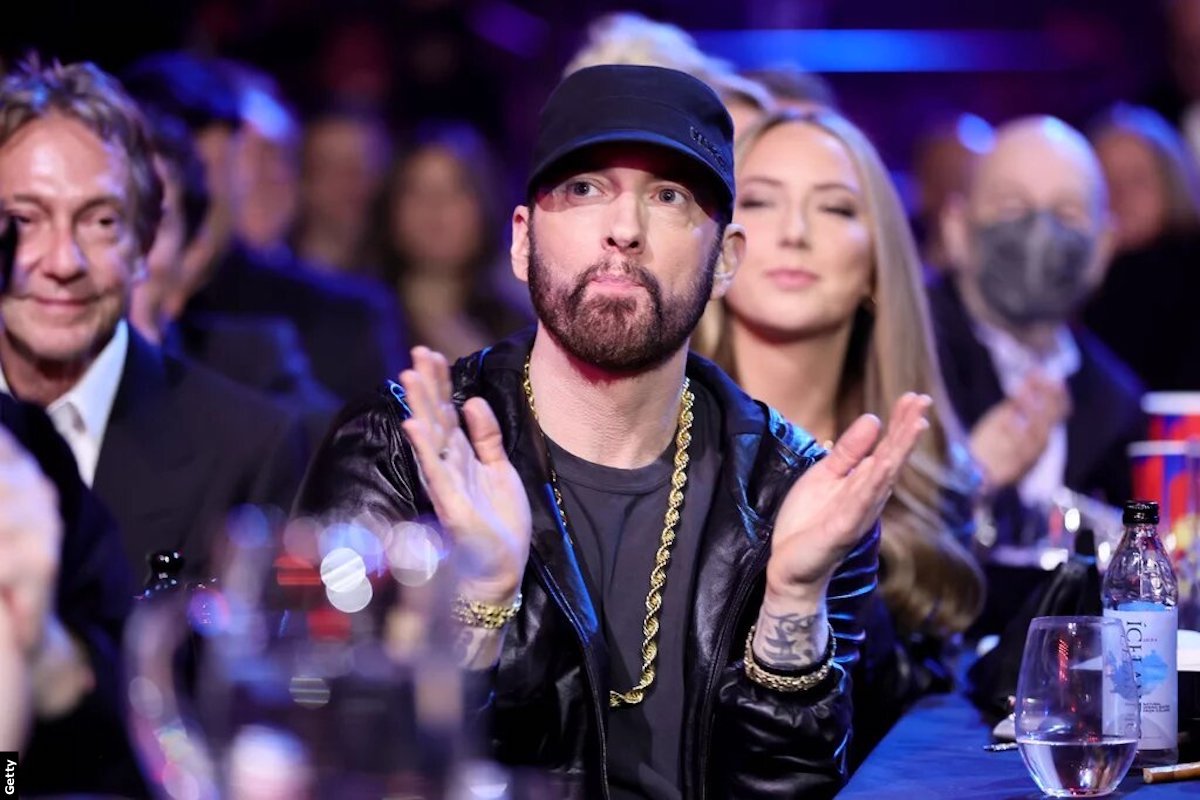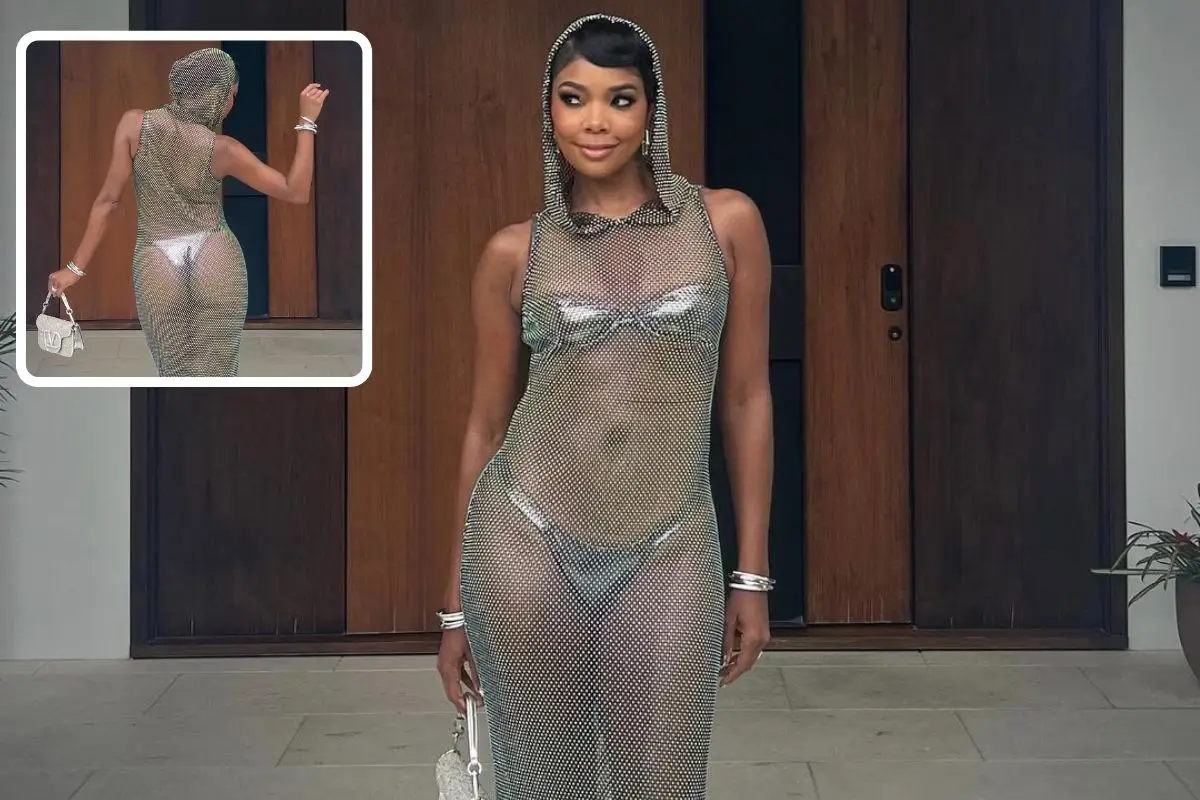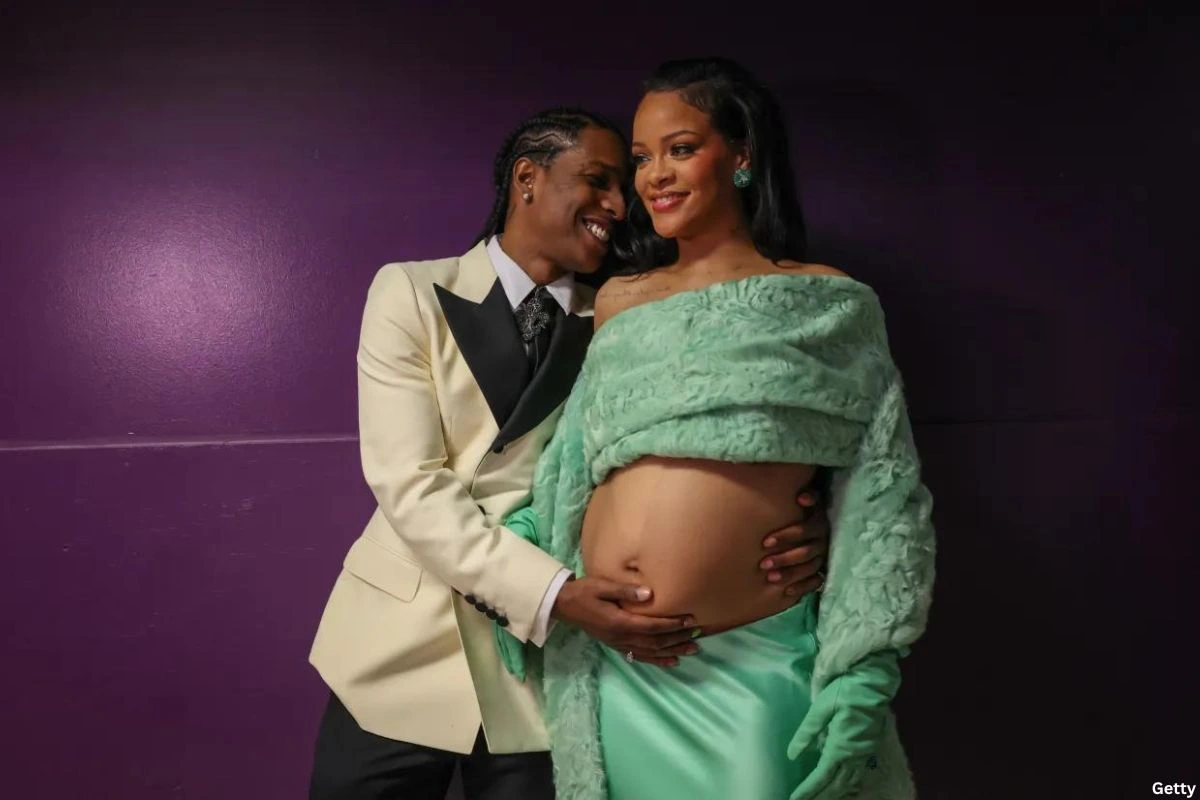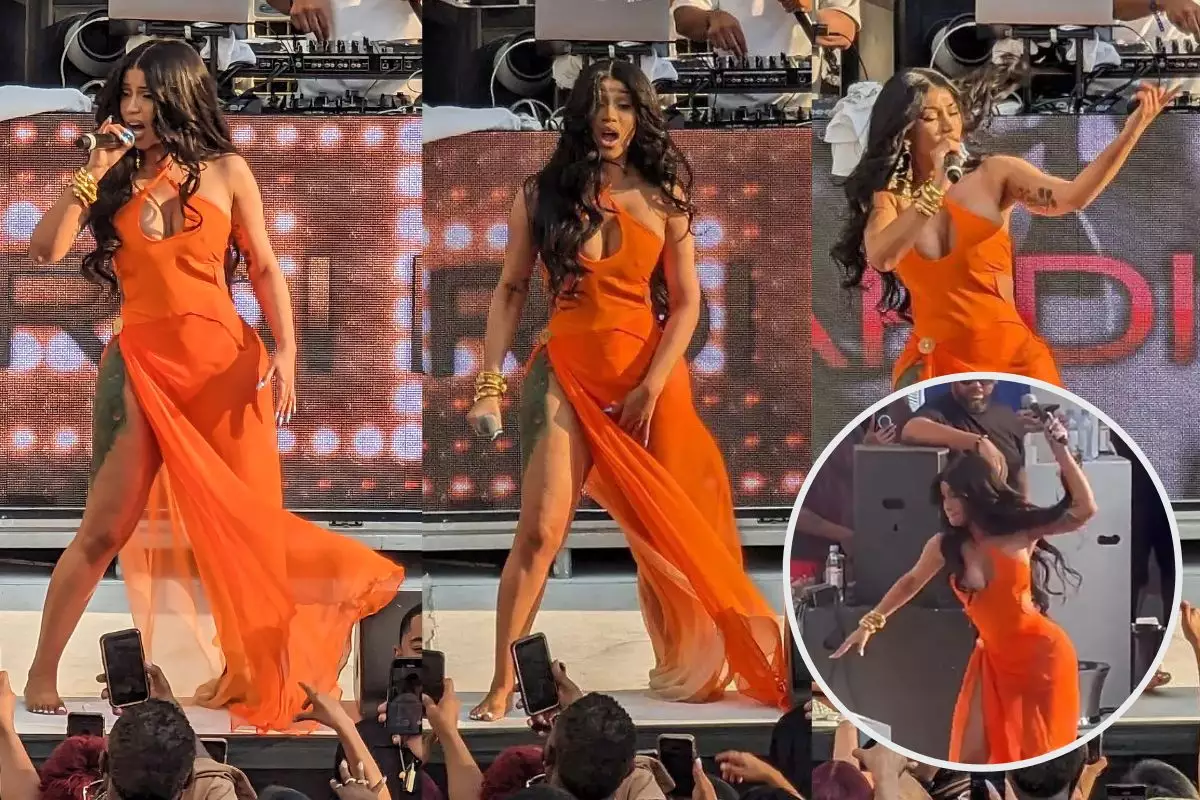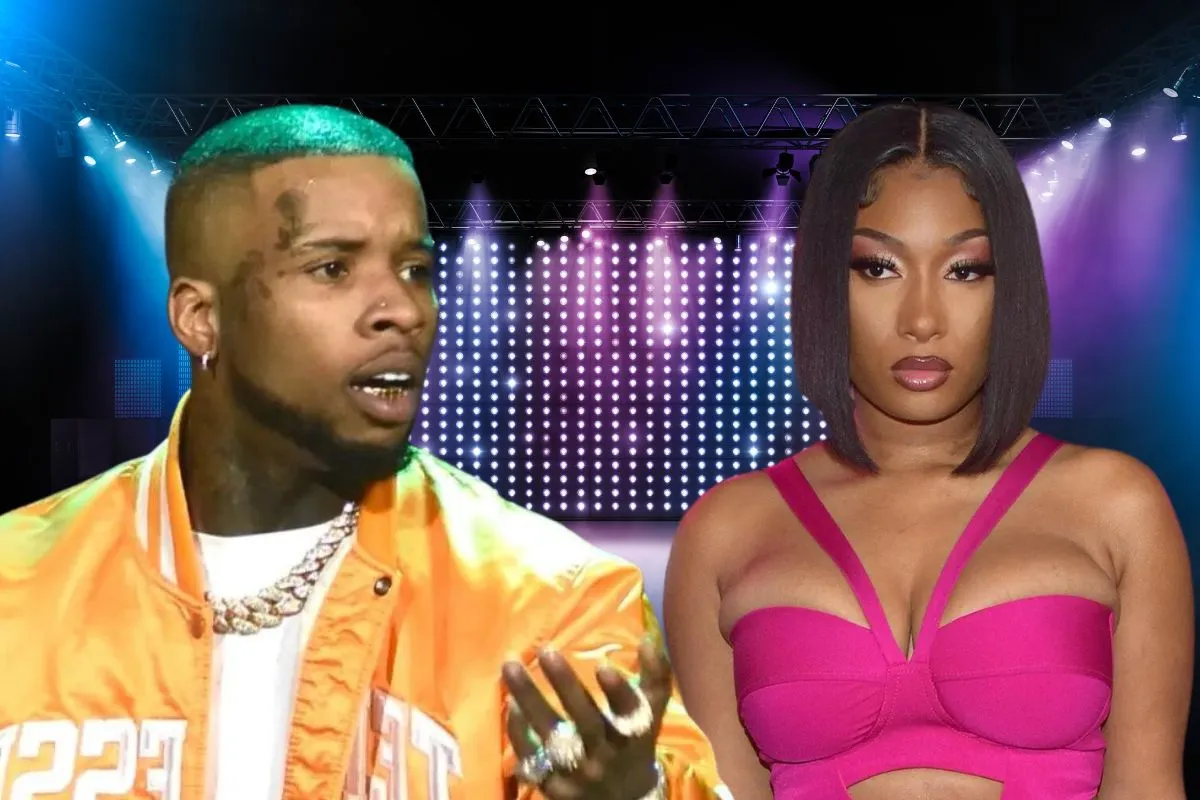According to a recent ruling by the Ninth U.S. Circuit Court of Appeals, workplace music that degrades women may be considered sexual harassment. The decision came in response to a lawsuit against a clothing manufacturer, S&S Activewear, where plaintiffs complained about offensive and misogynistic music played in the company’s warehouse. This ruling raises concerns about what kind of music is appropriate in the workplace.
The eight plaintiffs alleged that the music played by managers and colleagues at the S&S Activewear’s 700,000 square-foot warehouse contained “sexually graphic, violently misogynistic” lyrics that are derogatory and denigrating women. The plaintiffs specifically mentioned songs by Eminem and rapper Too $hort. Eminem’s Stan in particular “described extreme violence against women, detailing a pregnant woman being stuffed into a car trunk and driven into water to be drowned,” said lawsuit.
Despite their complaints, the management justified the music as “motivational.” Initially dismissed by a federal district court, the Ninth U.S. Circuit Court of Appeals overturned the decision, citing previous cases that recognized “the use of sexually degrading, gender-specific epithets, such as ‘slut,’ ‘cunt,’ ‘whore,’ and ‘bitch,’ has been consistently held to constitute harassment based upon sex.”
“Although we have not before addressed the specific issue of music-as-harassment, this court and our sister circuits have recognized Title VII redress for other auditory offenses in the workplace and for derogatory conduct to which all employees are exposed,” wrote the court in their decision.
This ruling raises the question of whether music can be considered harassment, which enters uncharted legal territory. If lyrics can be deemed harassing, it could lead to increased scrutiny of musical choices across various genres in the workplace. Some of the lyrics according to the plaintiffs refer to women as “hos” and “bitches.” While misogyny is not limited to rap music, derogatory terms mentioned in the lawsuit are more prevalent in that genre. Music streaming services offer filters for explicit content but not for misogynistic themes.
Experts point out that misogyny exists in various music genres, including country and rock. Songs by artists like The Rolling Stones and Robin Thicke have also faced criticism for reinforcing harmful attitudes toward women. Studies have found that a significant portion of pop songs, rock videos, and country music songs portray women in submissive or objectified roles. This widespread issue of misogyny in music poses challenges in finding playlists that promote gender equality.
The courts will need to navigate this issue and determine whether certain types of music, including works by Eminem and other artists, can be considered sexual harassment. It remains to be seen how this ruling will impact the use of music in the workplace and efforts to create a more inclusive environment.
